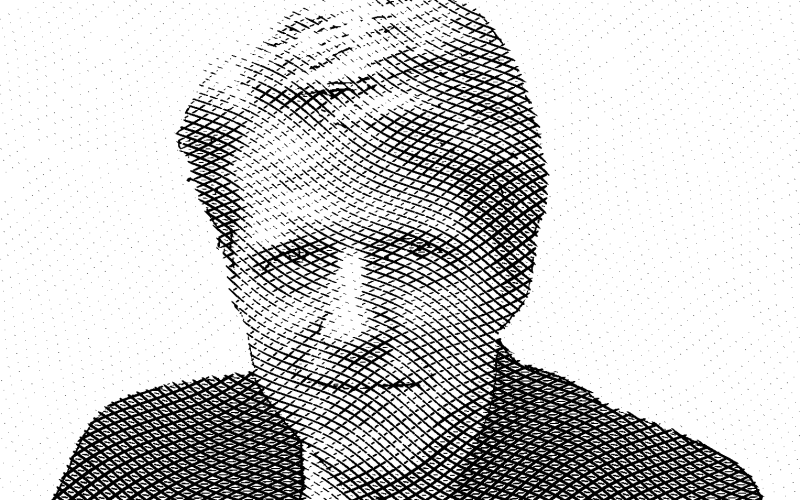by Robert Shiller, via Project Syndicate
Robert Shiller is Professor of Economics at Yale University and the co-creator of the Case-Shiller Index of US house prices. He is the author of Irrational Exuberance, the second edition.
NEW HAVEN – You might think that we have been living in a post-bubble world since the collapse in 2006 of the biggest-ever worldwide real-estate bubble and the end of a major worldwide stock-market bubble the following year. But talk of bubbles keeps reappearing – new or continuing housing bubbles in many countries, a new global stock-market bubble, a long-term bond-market bubble in the United States and other countries, an oil-price bubble, a gold bubble, and so on.

Nevertheless, I was not expecting a bubble story when I visited Colombia last month. But, once again, people there told me about an ongoing real-estate bubble, and my driver showed me around the seaside resort town of Cartagena, pointing out, with a tone of amazement, several homes that had recently sold for millions of dollars. The Banco de la República, Colombia’s central bank, maintains a home price index for three main cities – Bogotá, Medellín, and Cali. The index has risen 69% in real (inflation-adjusted) terms since 2004, with most of the increase coming after 2007. That rate of price growth recalls the US experience, with the S&P/Case-Shiller Ten-City Home Price Index for the US rising 131% in real terms from its bottom in 1997 to its peak in 2006.
This raises the question: just what is a speculative bubble? The Oxford English Dictionary defines a bubble as “anything fragile, unsubstantial, empty, or worthless; a deceptive show. From 17th c. onwards often applied to delusive commercial or financial schemes.” The problem is that words like “show” and “scheme” suggest a deliberate creation, rather than a widespread social phenomenon that is not directed by any impresario.
Maybe the word bubble is used too carelessly. Eugene Fama certainly thinks so. Fama, the most important proponent of the “efficient markets hypothesis,” denies that bubbles exist. As he put it in a 2010 interview with John Cassidy for The New Yorker, “I don’t even know what a bubble means. These words have become popular. I don’t think they have any meaning.”
Copyright © Project Syndicate











